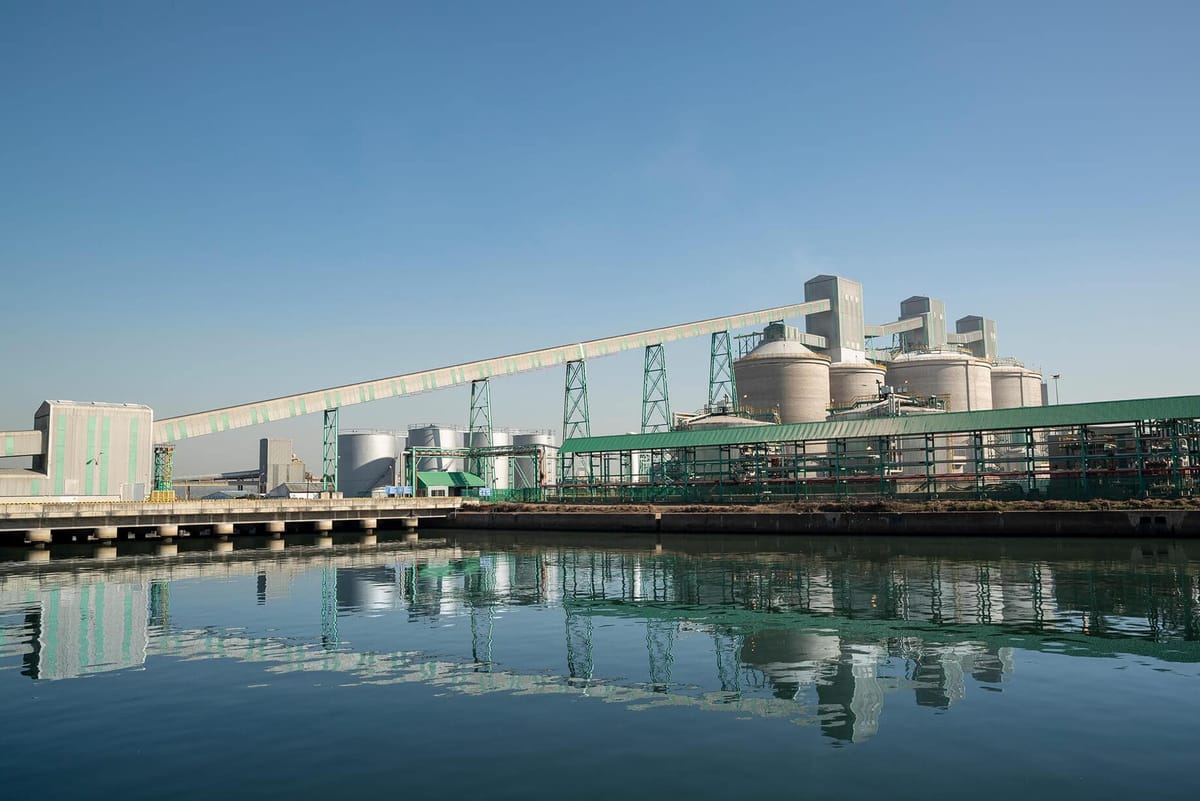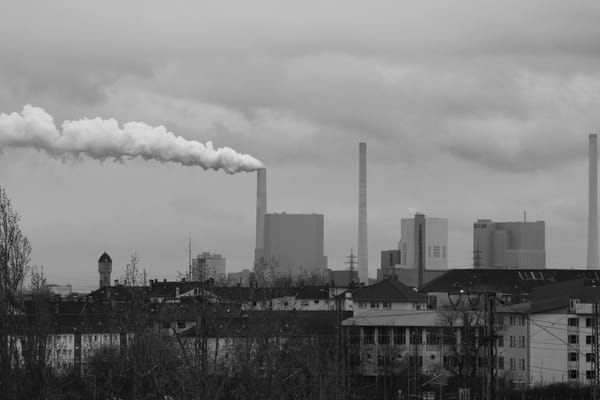Call of duties
Mozambique demonstrates how CBAM could redraw global commodity trade flows

On 1st January 2026, just over 120 days from now, the EU's Carbon Border Adjustment Mechanism (CBAM) will come into force.
In earlier, less protectionist times this event would have drawn more attention...and probably a great deal more criticism. First unveiled in summer 2021, and signed into law by Europe's legislators in spring 2023, CBAM has had plenty of time for debate and its imminent arrival has been well-signalled to industry, including an extensive transition period.
To recap, CBAM requires importers in Europe to purchase certificates based on the volume of certain carbon intensive products brought into the EU and their independently-verified production based emissions. Imports of iron and steel, cement, fertiliser, aluminium, electricity, and hydrogen will initially be affected, although the scope of products covered by CBAM is expected to expand significantly later this decade (a paper outlining options is expected by the end of 2025).
In 2026 the financial obligation on importers is likely to be 25-30% of the CBAM cost as free allowances begin to be phased out and benchmarking affects exposure (the purchase of CBAM certificates won't begin until February 2027). By 2030 this will have increased to almost half (48.5%), with importers only feeling the full hit in 2034 when they face having to pay 100%. The price of an individual CBAM certificate is linked to the prevailing price of an EU emission allowance.
The governments of many developing countries are rightly concerned that CBAM will raise the cost of exporting their goods to the EU market, adversely affecting the competitiveness of their exporters, and leading to a material impact on their economic growth prospects. Many developing economies rely on commodity exports for a significant share of their foreign currency earnings and government tax revenue.





